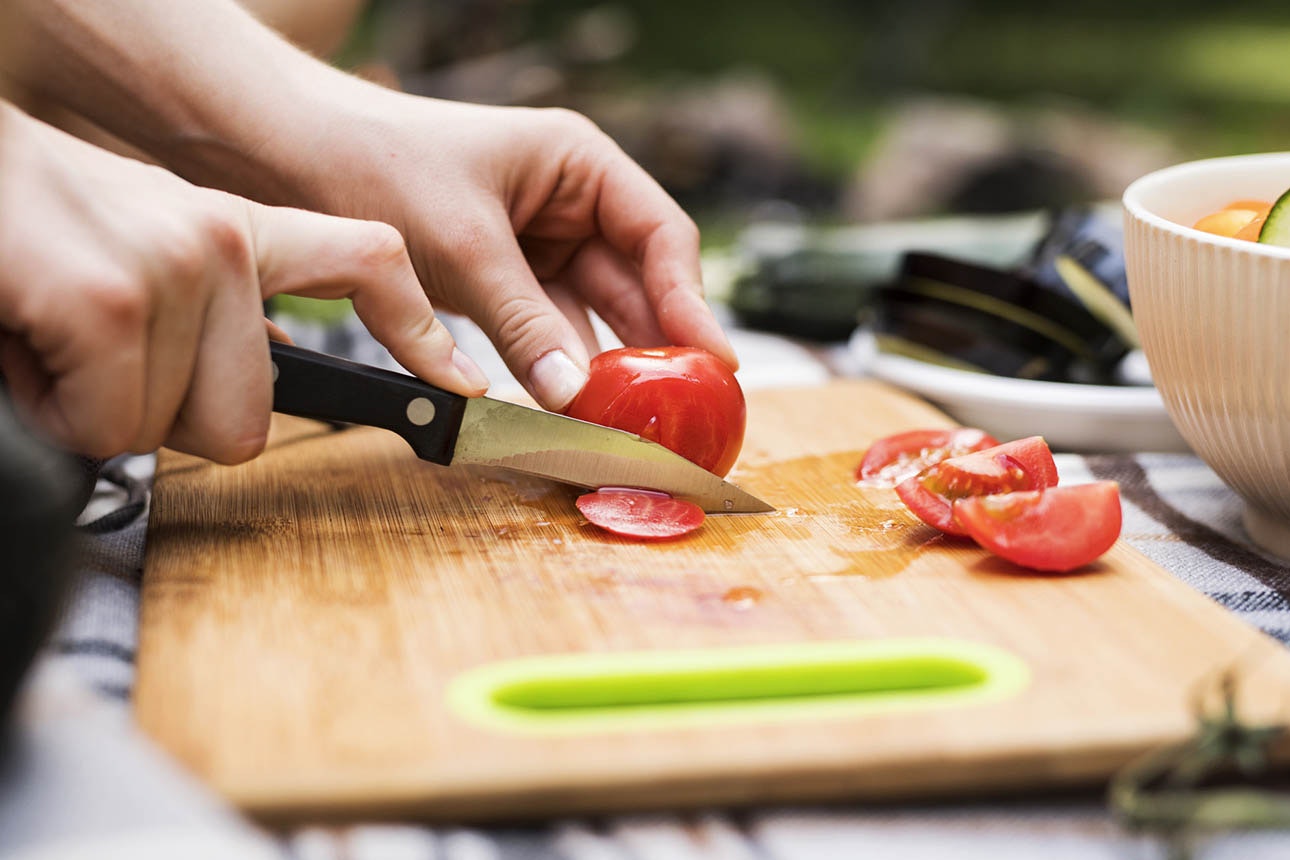
By Kate Harvey
Content Manager | Pou Whakahaere Ihirangi
Poached eggs with runny yolks, homemade mayonnaise and desserts such as tiramisu and mousse should be off the menu until a salmonella strain is under control, experts advise.
Salmonella enteritidis (SE), common in poultry in Europe and the United States, was detected here during routine chicken meat testing earlier this year. The bacteria was found in samples taken from a North Island hatchery that supplies the poultry industry with chicks.
Restrictions were subsequently placed on three egg-laying operations to prevent potentially infected eggs reaching consumers. Vincent Arbuckle, deputy director-general at New Zealand Food Safety, said the businesses affected weren’t named as none had products reaching consumers. If there was a risk associated with a specific brand, consumers would be informed, he said.
Another 20 egg-laying operations and five chick-rearing facilities are being tested. Results will show how far the bacteria had spread. Testing at most sites has been completed with just five to go.
Mr Arbuckle said 48 people had become sick from the salmonella strain this year.
Director of the New Zealand Food Safety Science and Research Centre Dr Catherine McLeod said consumers needed to cook eggs well while there was a risk of contamination.
“In New Zealand, we’ve been able to eat raw eggs and undercooked eggs up until now,” she said. “We’re hoping it's been contained and caught at an early stage so we can go back to that.”
The centre’s chief scientist Distinguished Professor Nigel French said we shouldn’t be eating runny yolks at the moment.
With lockdown baking in full swing, home bakers shouldn’t lick the bowl if the mixture contained raw eggs, he said.
“There’s also the desserts that people wouldn’t think of as having raw eggs in them, such as tiramisu, semifreddo and some meringues,” he said.
Prof French said anyone buying eggs should open the carton first to check the state of the eggs. Any that are dirty or have cracks should be shown to a staff member and not returned to the shelves, he said. At home, eggs should be kept in the fridge so if there’s SE inside the yolk it won’t multiply to dangerous levels.
Eggs from caged and free-range hens should be treated the same, he said. And while only North Island farms have returned positive tests, South Islanders should also be cautious with eggs until it’s known how far SE has spread.
Prof French said there had been about 100 SE cases in New Zealand over two years but the actual number was likely to be a lot higher because most who got sick wouldn’t have been tested. The strain has a high hospitalisation rate of 40 percent.
It’s not known how SE got here. Possible scenarios include it coming in on wild animals, animal feed or a person sick with the strain, he said.
Consumers are advised to:
Keep eggs in the fridge
Wash hands after touching eggs and wipe the bench if eggs touch it
Cook eggs thoroughly – until the white is firm and yolk has started to thicken. In particular, don’t give raw eggs to children under two, pregnant people, the elderly and people with low or compromised immune systems
Eat eggs before the best before date on the carton
Don’t use eggs that are dirty or cracked.


